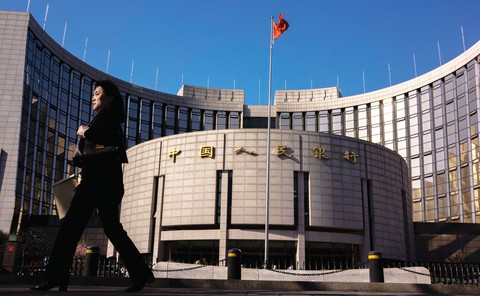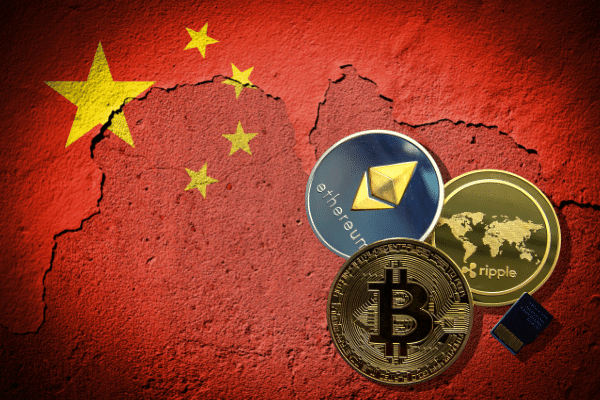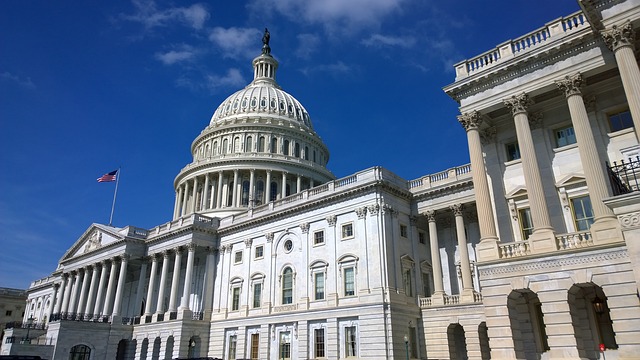
- Beijing threw down the gauntlet to make it painfully clear it would no longer tolerate cryptocurrency transactions, no matter how innocuous
- The move suggests that Beijing intends to attack the “cryptocurrency problem” from all angles, from law enforcement to monitoring internet traffic
That Beijing has always had it in for cryptocurrencies is no big secret, but the efficacy of the measures has always been less clear.
Last Friday however, Beijing threw down the gauntlet to make it painfully clear it would no longer tolerate cryptocurrency transactions, no matter how innocuous.
Almost immediately, Huobi, a cryptocurrency exchange popular with the Chinese, immediately stopped allowing new users to register their accounts with a phone number from China.
But cryptocurrencies have been banned from China for some time.
As far back as 2017, Beijing banned initial coin offerings or ICOs, then cryptocurrency exchanges and this year cracked down on its massive cryptocurrency mining industrial complex.
Last Friday, the People’s Bank of China, the Chinese central bank, along with nine other government institutions including China’s Supreme Court, the police, as well as internet and securities regulators, published a missive to ban all cryptocurrency transactions.
The move suggests that Beijing intends to attack the “cryptocurrency problem” from all angles, from law enforcement to internet traffic.
Beijing also closed long-standing loopholes that enabled Chinese citizens to maintain cryptocurrency exchange accounts with offshore exchanges such as Huobi and forbid platforms from hiring locally for roles including marketing, technology and payment, all in an effort to stymie access to Chinese customers.
While cryptocurrencies tumbled almost immediately following the announcement, they rebounded just as quickly, erasing most of the losses by Monday in Asian trading.
Some traders are of the view that a blanket ban by Chinese authorities on cryptocurrencies are only going to enhance the attractiveness of the nascent asset class, after all, that which is forbidden is often the most desired.
And China’s crackdown on cryptocurrencies is also coming against a backdrop of a wider restriction of freedom in the Middle Kingdom, from video games to afterschool education, millions of Chinese are being swept up in the most comprehensive social experiment mounted by the Chinese Communist Party since the Cultural Revolution.
Beijing’s sweeping measures may convince those of more liberal persuasions that had they had any hesitation to shift at least some of their substantial assets offshore, now would be the time to be decisive about such a move, and what better way to spirit wealth abroad than through cryptocurrencies.



